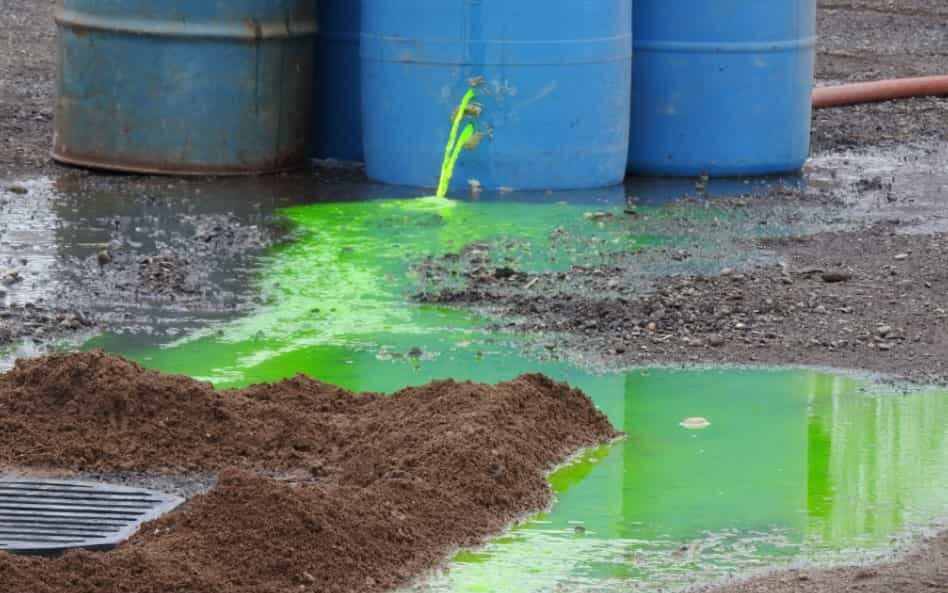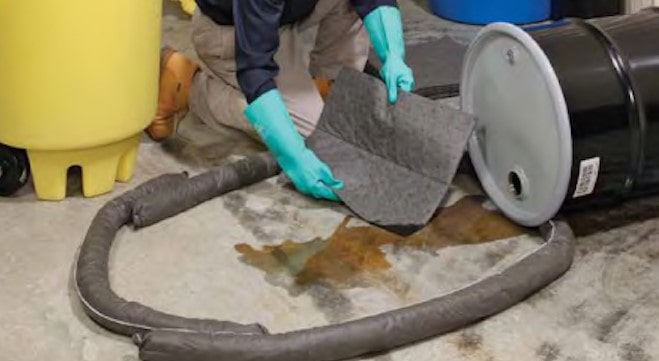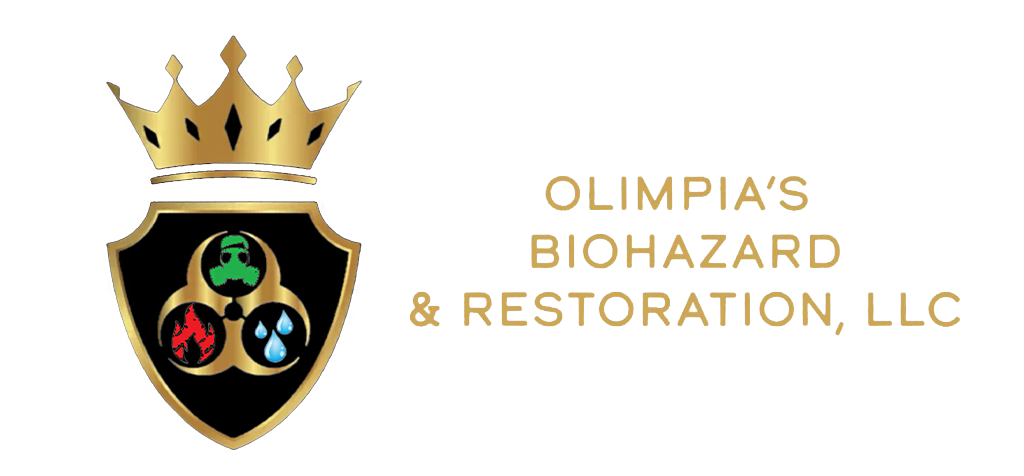In the vibrant city of Portland, nestled in the Pacific Northwest, expertise in chemical spill cleanup plays a pivotal role in safeguarding both the environment and the well-being of its residents. Chemical spills, whether large or small, pose significant hazards to ecosystems, public health, and the community at large. Portland’s commitment to addressing these hazards is underscored by its specialized approach to chemical spill cleanup. This introduction sets the stage for a comprehensive exploration of Portland’s proficiency in managing chemical spills, highlighting the city’s immediate response, dedication to safety, adherence to environmental regulations, and proactive measures to prevent such incidents.
Mastering Chemical Spill Cleanup: Portland’s Environmental Stewardship
In this exploration Olimpia’s Biohazard & Restoration LLC describes how the city of Portland stands as a beacon of environmental responsibility and preparedness, showcasing its expertise in managing a critical aspect of environmental protection: chemical spill cleanup.


Understanding the Importance of Chemical Spill Cleanup:
Chemical spill cleanup is a critical aspect of environmental protection and public health in Portland. Chemical spills can have far-reaching consequences, including contamination of soil, water bodies, and air. Immediate and effective cleanup is essential to prevent further damage to ecosystems, harm to human health, and potential legal liabilities. Properly managed cleanup efforts also help to restore affected areas to their pre-spill condition, minimizing long-term environmental impacts.
Portland’s Specialized Approach to Chemical Spill Cleanup:
Portland boasts a well-developed expertise in chemical spill cleanup, thanks to its commitment to environmental stewardship and its experienced professionals. Cleanup teams in the city are equipped with state-of-the-art technology and follow comprehensive protocols to ensure the safe and efficient removal of hazardous chemicals from affected areas. This specialized approach ensures that cleanup efforts align with environmental regulations and prioritize the protection of both natural resources and public health.
The Hazards of Chemical Spills: Environmental and Health Risks:
Chemical spills pose substantial risks to both the environment and public health. These hazards include contamination of water sources, soil, and air, as well as potential harm to wildlife and aquatic ecosystems. Additionally, exposure to hazardous chemicals can lead to acute and chronic health problems in humans. Portland recognizes the severity of these risks and emphasizes swift and precise responses to chemical spills to mitigate these dangers. Meth lab cleanup shares commonalities with chemical spill cleanup, as both processes involve meticulous decontamination and hazard removal procedures to ensure the safe remediation of hazardous substances and protect the environment.
Immediate Response: Portland’s Rapid Chemical Spill Cleanup Services:
Portland’s approach to chemical spill cleanup prioritizes immediate response. Trained teams are on standby to deploy swiftly to the spill site. Time is of the essence in preventing the spread of contaminants and minimizing harm. Rapid response also ensures that the spill is contained and that appropriate containment measures are implemented to prevent further damage.
The Role of Professionals: Expertise in Chemical Spill Cleanup:
Professionals in Portland’s chemical spill cleanup teams bring expertise and experience to the table. They are trained in hazardous materials handling, containment, and disposal procedures. Their expertise ensures that cleanup efforts are conducted safely and effectively, minimizing risks to both the environment and human health. Spotting signs of a former meth lab is a critical aspect of chemical spill cleanup, as recognizing the presence of such labs can help identify potential hazards and the need for specialized cleanup to mitigate risks associated with hazardous chemical residues.
Effective Cleanup Techniques: Mitigating Chemical Spill Consequences:
Portland employs a range of effective cleanup techniques tailored to the specific chemicals involved and the spill’s location. These methods may include containment booms, absorption materials, vacuum trucks, and bioremediation processes. The choice of technique depends on factors like spill size, location, and chemical properties.


Safety First: Protecting Workers During Chemical Spill Cleanup:
Ensuring the safety of cleanup personnel is paramount in Portland’s chemical spill cleanup efforts. Workers are equipped with protective gear, and strict safety protocols are followed. Training in hazard communication and emergency response helps safeguard cleanup crews from potential exposure to hazardous substances.
Environmental Impact Assessment: Portland’s Methodical Approach:
Before, during, and after chemical spill cleanup, Portland conducts thorough environmental impact assessments. These assessments help in understanding the extent of contamination, evaluating cleanup progress, and determining when the affected area has been successfully restored to its previous state.
Legal Compliance: Navigating Regulations in Chemical Spill Cleanup:
Portland’s chemical spill cleanup efforts adhere to federal, state, and local environmental regulations. Compliance with these regulations is crucial to avoid legal repercussions and to ensure that cleanup actions are conducted in an environmentally responsible manner.
Prevention and Preparedness: Strategies to Minimize Chemical Spill Risks in Portland:
In addition to responding to spills, Portland places significant emphasis on prevention and preparedness. This includes conducting drills and training exercises, developing emergency response plans, and working with businesses and industries to minimize the risk of chemical spills. Preventive measures play a crucial role in safeguarding the city’s environment and public health.
FAQs:
What should I do if I discover a chemical spill in Portland?
If you encounter a chemical spill, your safety is paramount. Evacuate the area, if possible, and immediately contact emergency services. They will coordinate a rapid response with trained professionals equipped to handle chemical spill cleanup safely and efficiently.
How long does it take to clean up a chemical spill in Portland?
The time required for chemical spill cleanup varies depending on factors such as the spill’s size, location, and the types of chemicals involved. Portland’s specialized teams work diligently to ensure swift and effective cleanup, but the duration can range from hours to several days for more complex spills.
What environmental regulations govern chemical spill cleanup in Portland?
Portland adheres to a combination of federal, state, and local environmental regulations that govern chemical spill cleanup. These regulations ensure that cleanup efforts prioritize environmental protection and public health while also addressing potential legal and liability issues associated with chemical spills. Compliance is central to the city’s expertise in this field.
Conclusion:
Portland’s expertise in chemical spill cleanup reflects its unwavering commitment to safeguarding the environment and public health. With a specialized approach that prioritizes immediate response, professionalism, and compliance with stringent regulations, the city stands prepared to address chemical spills swiftly and effectively. Portland’s recognition of the far-reaching hazards posed by such incidents underscores the importance of expertise in managing these crises. By combining advanced technology with experienced professionals, the city not only mitigates the immediate consequences of chemical spills but also ensures that affected areas can be restored to their pre-spill conditions. Through prevention, preparedness, and proficient response, Portland continues to lead in environmental stewardship and disaster management.
